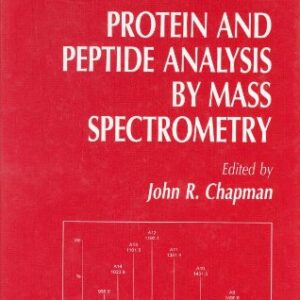Molecular biology has driven a powerful reductionist, or ?molecule-c- tric,? approach to biological research in the last half of the 20th century. Red- tionism is the attempt to explain complex phenomena by defining the functional properties of the individual components of the system. Bloom (1) has referred to the post-genome sequencing era as the end of ?na?ve reductionism. ? Red- tionist methods will continue to be an essential element of all biological research efforts, but ?na?ve reductionism,? the belief that reductionism alone can lead to a complete understanding of living organisms, is not tenable. Organisms are clearly much more than the sum of their parts, and the behavior of complex physiological processes cannot be understood simply by knowing how the parts work in isolation. Systems biology has emerged in the wake of genome sequencing as the s- cessor to reductionism (2?5). The ?systems? of systems biology are defined over a wide span of complexity ranging from two macromolecules that interact to carry out a specific task to whole organisms. Systems biology is integrative and seeks to understand and predict the behavior or ?emergent? properties of complex, multicomponent biological processes. A systems-level characteri- tion of a biological process addresses the following three main questions: (1) What are the parts of the system (i. e.






Reviews
There are no reviews yet.